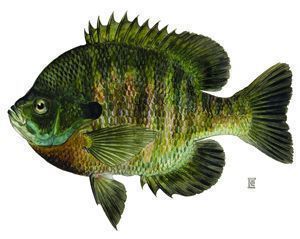
Infected frozen marlin slices: high risk of “mackerel poisoning”
In the weekly Community Rapid Alert System (RASFF) notification, the Italian alert system list sent out by the Italian Ministry of Health on June 17, includes an alert level “serious risk” for slices of “frozen marlin” from Portugal, containing high amounts of histamine and other vasoactive amines, causing so-called “mackerel poisoning”. Specifically, by order of the’ authority, contaminated products have been ordered to be withdrawn from the market.
Mackerel syndrome is an allergy-like condition resulting from the’ingestion of altered fish.It is the second most common type of seafood poisoning, second only to ciguatera. However, it often goes undetected because it resembles and is confused with food allergy’allergies. It is most frequently reported relative to red-fleshed fish species, belonging to the families Scombridae (such as tuna, yellowfin tuna, skipjack tuna (also called bonito), mackerel, dolphinfish, Clupeidae (sardines, herring, cuttlefish) and anchovies and related fish species, that have been refrigerated or improperly stored after fishing.Mackerel syndrome can result from the’inappropriate handling of fish during storage or processing; when due to the triggering of degradation processes, significant amounts of histamine are produced.
Histamine is one of the toxic substances implicated in mackerel poisoning. Other chemicals have been found in decaying fish tissue, but their association with mackerel syndrome has not been clearly established. Clinical manifestations of intoxication involve the gastrointestinal tract (nausea, vomiting, diarrhea) the central nervous system (dizziness, headache), skin (rush) ; respiratory disorders and hypotension are rarely observed.
The’onset of symptomatology is rapid (20-30 minutes after intake of the’food) and the complaints, usually mild, usually resolve in a short time; they usually last less than 24 hours. The syndrome, although frequent, is often diagnosed as a food allergic reaction. Therefore, Giovanni D’Agata, president of the “Sportello dei Diritti,” urges anyone who had purchased these products not to consume them and to hand them over to the retailer or to the Food Hygiene and Nutrition Service of the local ASL.